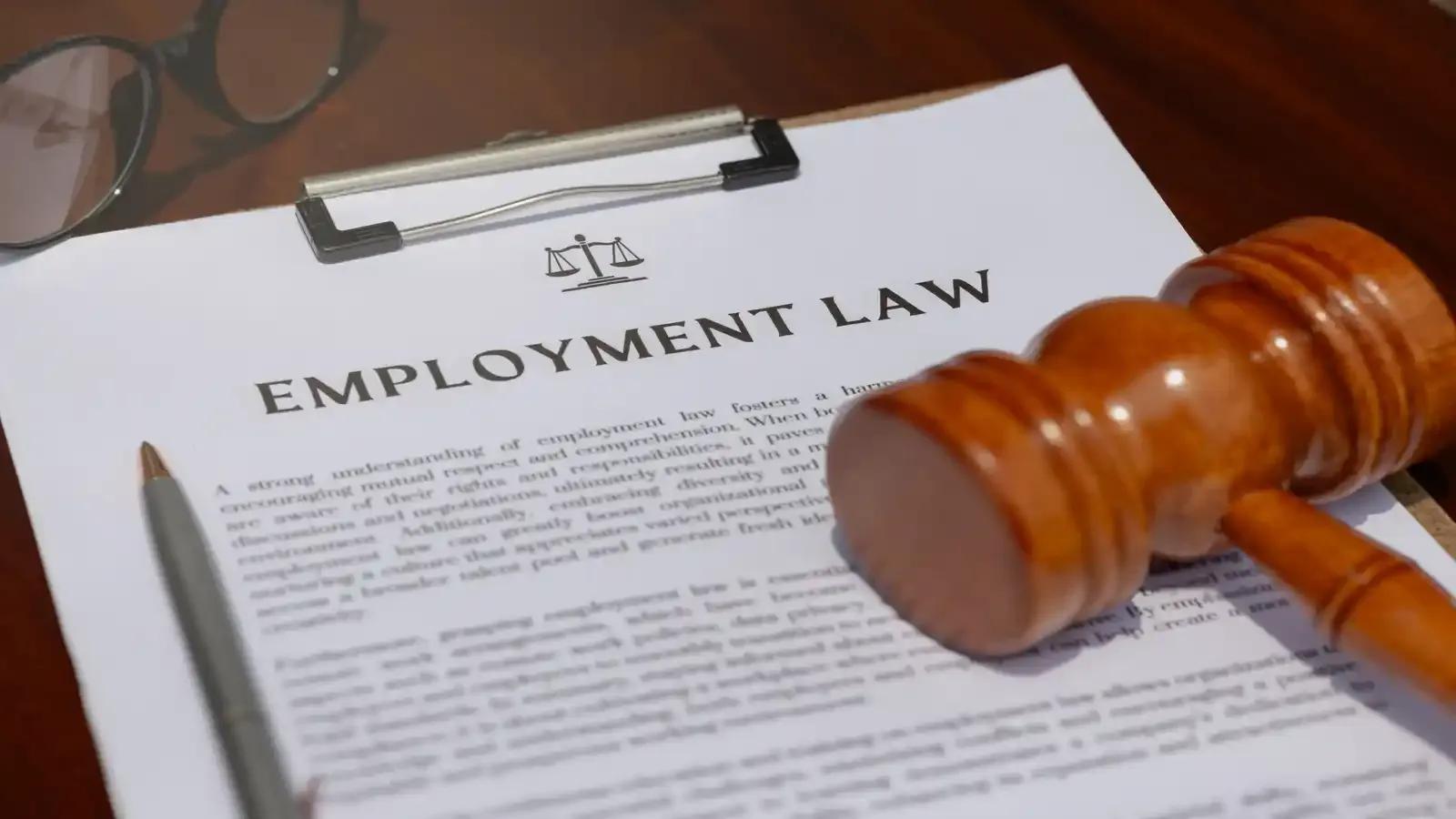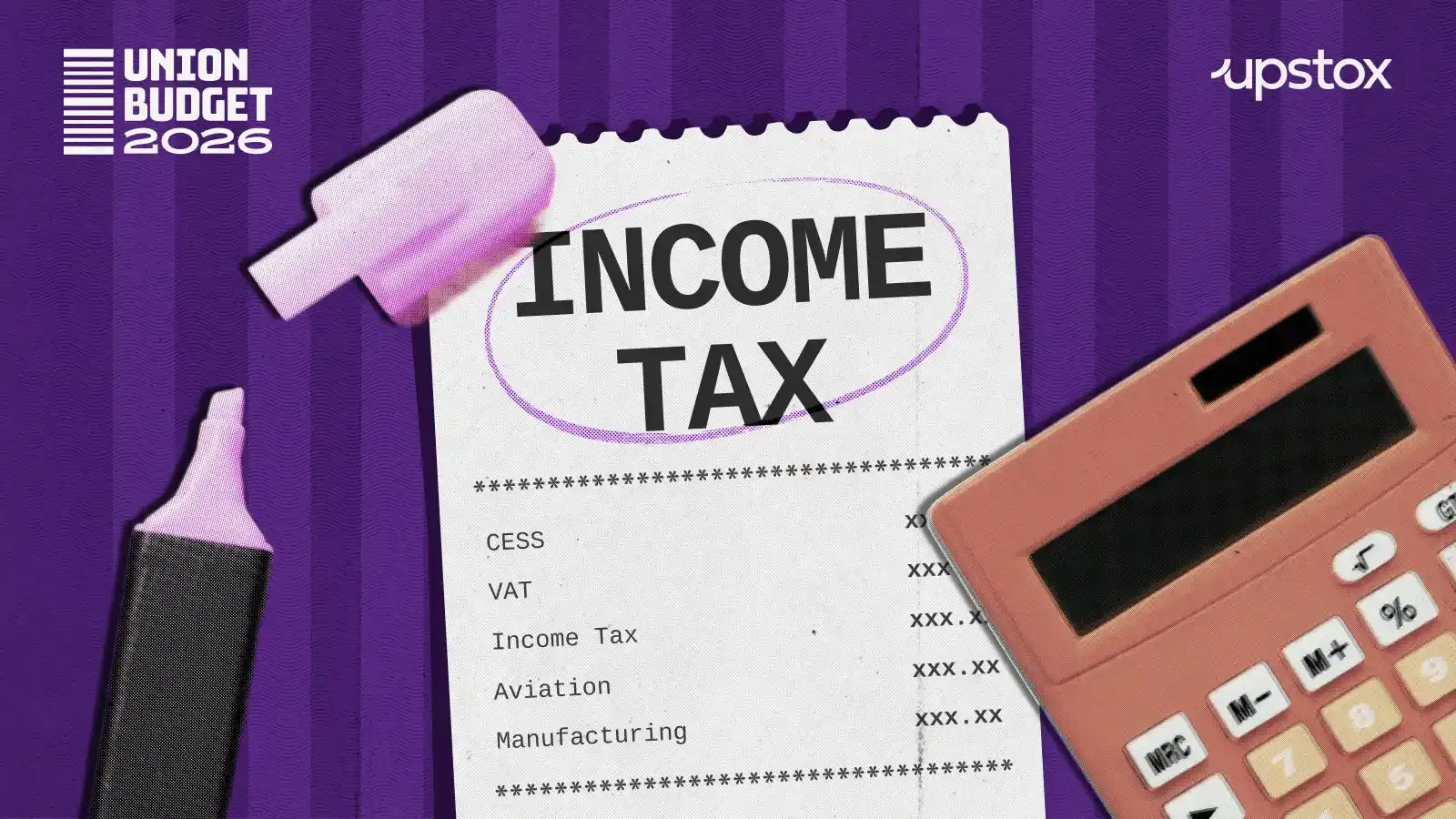Personal Finance News
13 gratuity FAQs every employee should know under the new labour codes

7 min read | Updated on November 29, 2025, 09:40 IST
SUMMARY
New labour codes 2025: Chapter 5 of the Code on Social Security, 2020, explains about gratuity. It sets out eligibility, qualifying events, calculation, maximum limits, nomination requirements, payment timelines, and employer obligations.

A list of frequently asked questions ( FAQs) regarding gratuity under the Code on Social Security, 2020. | Image: Shutterstock
With the implementation of India’s new labour codes effective 21 November 2025, gratuity rules have undergone their most significant changes in decades.
The reforms include shorter eligibility periods for fixed-term employees and a broader definition of salary for calculations, aiming to provide higher benefits and cover more workers.
Chapter 5 of the Code on Social Security, 2020, explains about gratuity. It sets out eligibility, qualifying events, calculation, maximum limits, nomination requirements, payment timelines, and employer obligations.
Below are frequently asked questions ( FAQs) regarding gratuity under the Code on Social Security, 2020.
1. What is gratuity?
Gratuity is a financial incentive given by an organisation to its employees in appreciation of their long-term contributions to the company
2. Who is eligible for gratuity?
Employees who have worked continuously for at least 5 years under the same employer are eligible. For 'working journalists', the period is 3 years.
As per the Code on Social Security, 2020, "Gratuity shall be payable to an employee on the termination of his employment after he has rendered continuous service for not less than five years...."
“Provided that in case of working journalist as defined in clause (f) of section 2 of the Working Journalists and Other Newspaper Employees (Condition of Service) and Miscellaneous Provisions Act, 1955, the expression "five years" occurring in this sub-section shall be deemed to be three years.”
Exceptions: The five-year requirement does not apply in case of death, disablement, or completion of a fixed-term contract:
"Provided further that the completion of continuous service of five years shall not be necessary where the termination of the employment of any employee is due to death or disablement or expiration of fixed term employment...," the code says.
3. When is gratuity payable?
-
On superannuation, retirement, or resignation
-
On death or disablement due to accident or illness
-
On termination of fixed-term employment
-
any other event notified by the Central Government
According to the Code on Social Security, 2020,"Gratuity shall be payable to an employee on the termination of his employment...(a) on his superannuation; or (b) on his retirement or resignation; or (c) on his death or disablement due to accident or disease; or (d) on termination of his contract period under fixed term employment; or (e) on happening of any such event as may be notified by the Central Government…"
4. How is gratuity calculated?
Gratuity is calculated based on the last drawn wages and years of service.
-
For monthly employees: 15 days’ wages per completed year of service
-
For piece-rated employees: average of total wages received for 3 months
-
For seasonal or fixed-term employees: pro-rata basis
The Code on Social Security, 2020: "For every completed year of service or part thereof in excess of six months, the employer shall pay gratuity to an employee at the rate of fifteen days' wages... based on the rate of wages last drawn by the employee concerned."
Central government employees can get up to ₹25 lakh tax-free gratuity from January 2024, higher than the ₹20 lakh limit for private-sector employees.
5. Is there a monetary ceiling on gratuity?
Yes, the total gratuity payable cannot exceed the amount notified by the Central Government for piece-rated and seasonal workers:
As per the code: "The amount of gratuity payable to an employee shall not exceed such amount as may be notified by the Central Government."
6. What counts as continuous service?
Continuous service includes periods even if interrupted by sickness, leave, maternity leave, lay-offs, strikes, lockouts, or absence without leave (unless formally declared a break).
“An employee shall be said to be in continuous service…including service which may be interrupted on account of sickness, accident, leave…lay-off, strike or a lock-out or cessation of work not due to any fault of the employee,” says the new labour code.
7. Under what conditions can gratuity be forfeited?
Gratuity can be partially or fully forfeited if termination occurs due to:
-
Wilful damage or negligence
-
Riotous or disorderly conduct
-
Offences involving moral turpitude
"The gratuity of an employee, whose services have been terminated for any act, wilful omission or negligence causing any damage or loss... shall be forfeited to the extent of the damage or loss so caused."
"The gratuity payable to an employee may be wholly or partially forfeited if the services of such employee have been terminated for riotous or disorderly conduct or any act which constitutes an offence involving moral turpitude..."
8. Who receives gratuity if the employee dies?
The gratuity is paid to the nominee, or if none is designated, to the legal heirs. If a nominee or heir is a minor, the amount is deposited with the competent authority.
“In the case of death of the employee, gratuity payable to him shall be paid to his nominee or, if no nomination has been made, to his heirs, and where any such nominee or heir is a minor, the share…shall be deposited with the competent authority…."
9. Can employees nominate someone for gratuity?
Yes, after completing one year of service, and nominations can be updated anytime in writing.
“Each employee, who has completed one year of service, shall make a nomination within such time, in such form and in such manner, as may be prescribed…"
10. How is gratuity paid?
Payment is due within 30 days of becoming payable: "The employer shall arrange to pay the amount of gratuity within thirty days from the date it becomes payable..." (Section 56(3))
If delayed, interest is applicable: "If the amount of gratuity payable... is not paid by the employer within the period specified..., the employer shall pay... simple interest at such rate, not exceeding the rate notified by the Central Government...."
11. What if there is a dispute over gratuity?
The employer must deposit the admitted amount with the competent authority, who will resolve the dispute and direct the rightful payment.
“Where there is a dispute…the employer shall deposit with the competent authority such amount as he admits…The competent authority shall…determine the matter… and direct the employer to pay such amount."
12. Do employers need insurance or a fund for gratuity?
Yes, employers must either take insurance or maintain an approved gratuity fund.
“Every employer…shall obtain an insurance…for his liability for payment towards the gratuity…or who establishes an approved gratuity fund…is exempted from the provisions of ...."
13. How have gratuity rules changed for fixed-term and contract workers?
-
Fixed-term employees are eligible after 1 year of service.
-
Contract workers now receive gratuity benefits similar to permanent employees.
-
Export sector fixed-term workers are included, with entitlement to PF, gratuity, and other social security benefits.
Related News
By signing up you agree to Upstox’s Terms & Conditions
About The Author
Next Story






